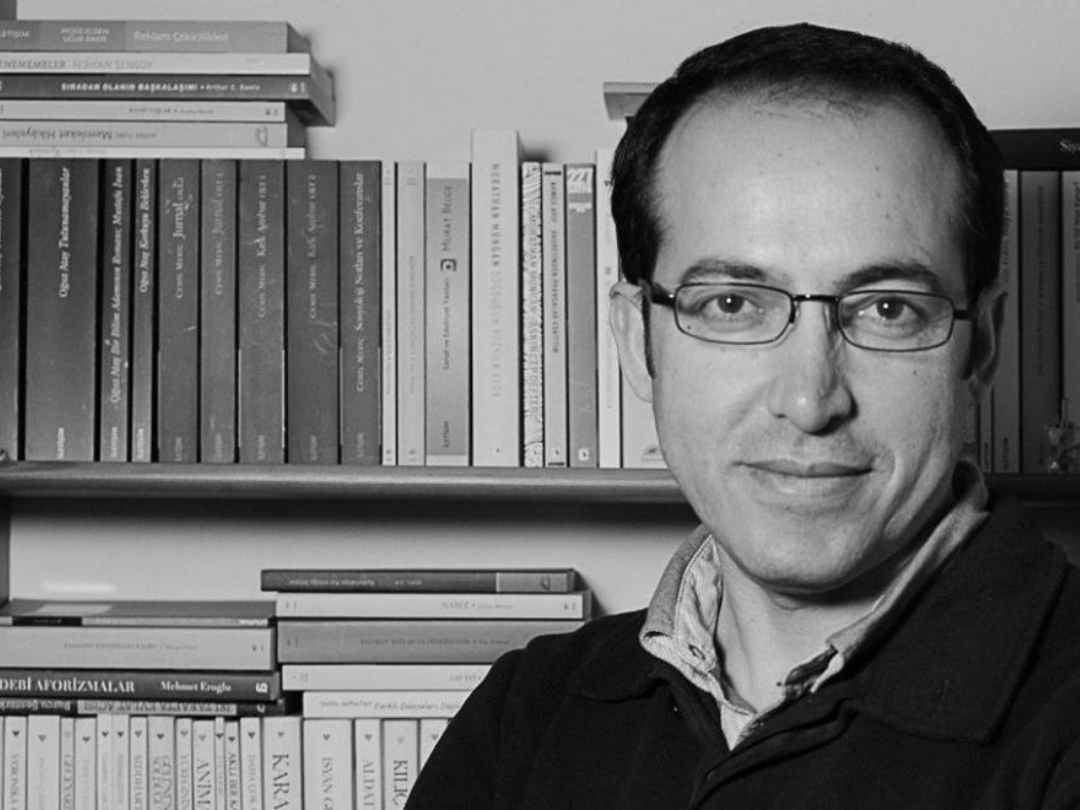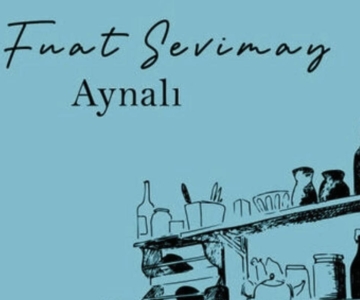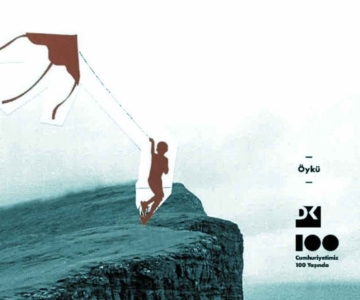There is a smell of loneliness, exile, choosing life over death in “Sins and Innocents (Masumlar)”.
The author flashes back to the past in Cambridge and Haymana Plain and tells us the stories of people connected to each other.
In the novel, we see and get to know characters who bear the traces of the modern world and the simplicity of village life. Pain shows itself most in parallel with village life. However, in Europe, the life of people in exile shows itself in more ordinary relationships. Being cheated on, falling in love, games preferred against the boredom of life…
The story of Brani Tawo, who is in exile without saying exile, is told. Brani Tawo, who tries to cope with sleepless nights, is in search of finding the same camera she broke in her childhood and making her mother happy. In the meantime, she finds a love that will be her shelter.
We also read Kewe and Fruzah, whom we know to be sad. But it is so that their sadness is not presented to us with sad words, but as we read, we understand that they are fermented with sadness.
A Tatar photographer who travels from village to village looking for the family of his commander brother who committed murder, a woman who takes refuge in a village, an insomniac in exile… Each of them somehow touched each other and shared each other’s pain…
The novel also received the 2011 Sedat Simavi Literature Award and the Izmir St. Joseph Novel Award.
Let’s share a few sentences from the novel here.
“Among the dead, we feel life, not death. Unless we approach nothingness, we cannot reach the meaning of existence.”
“Happy people are similar to each other, but every unhappy person had their own unhappiness.”
“Innocents sometimes carried the burden of sinners.”
“No one leaves the cemetery the same way they entered.”
“Every death diminishes those left behind.”
Enjoy reading.
COVER
First Publishing Year: 2011
Genre: Novel
Author: Burhan Sönmez




